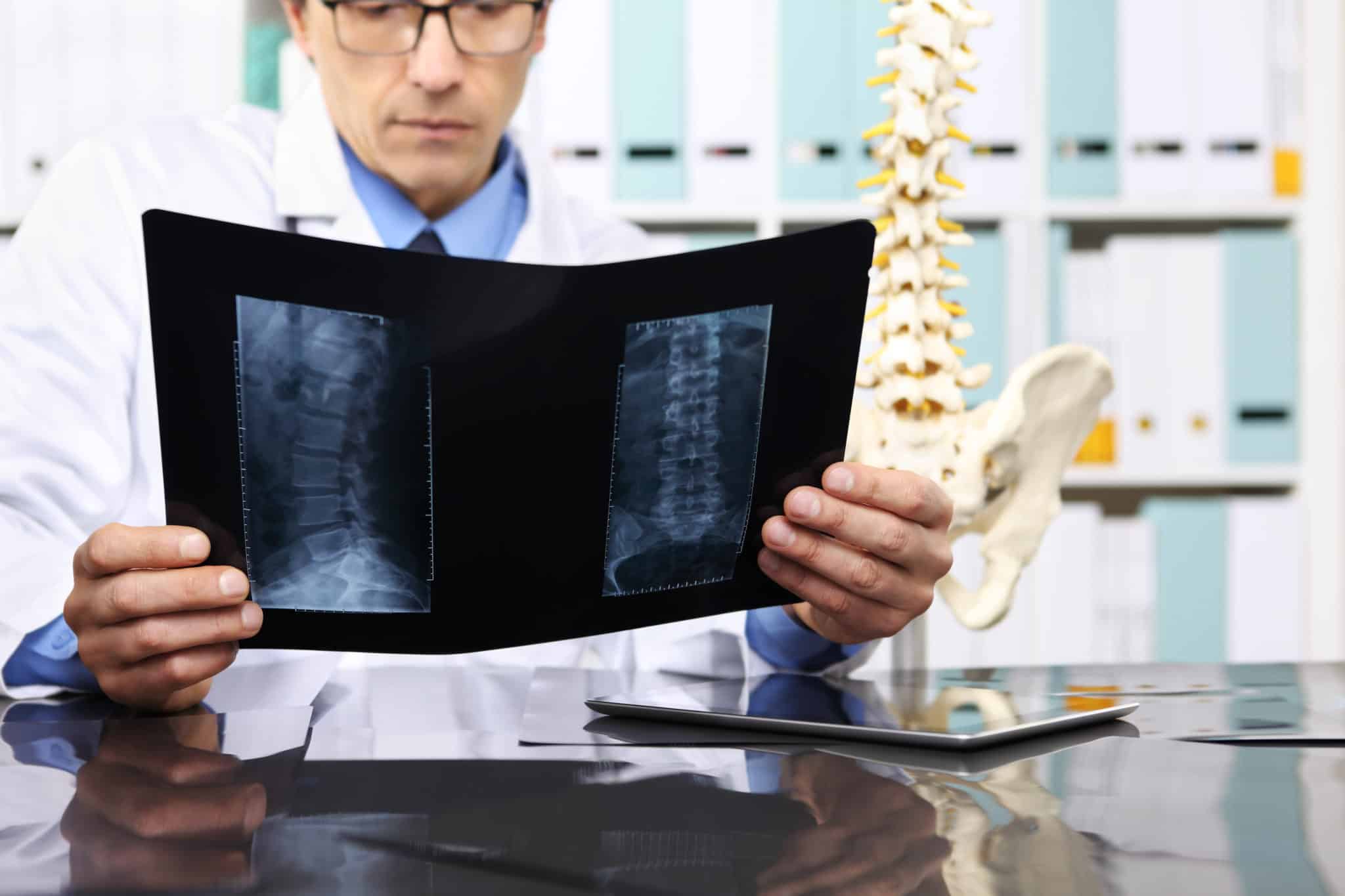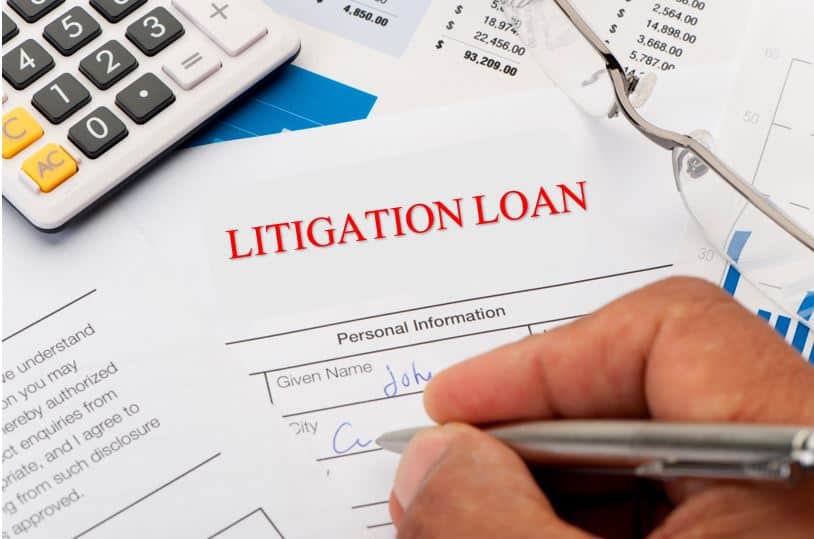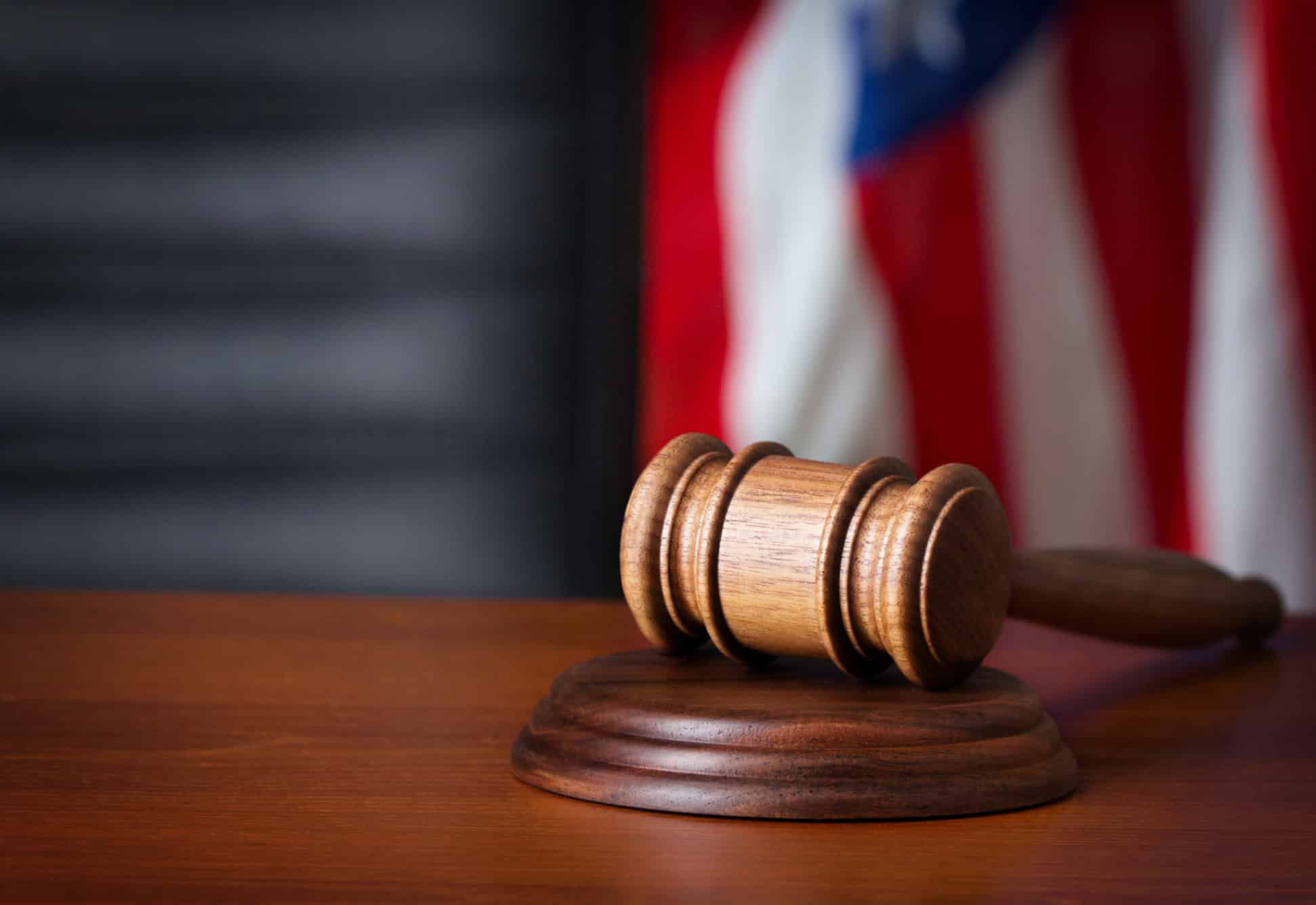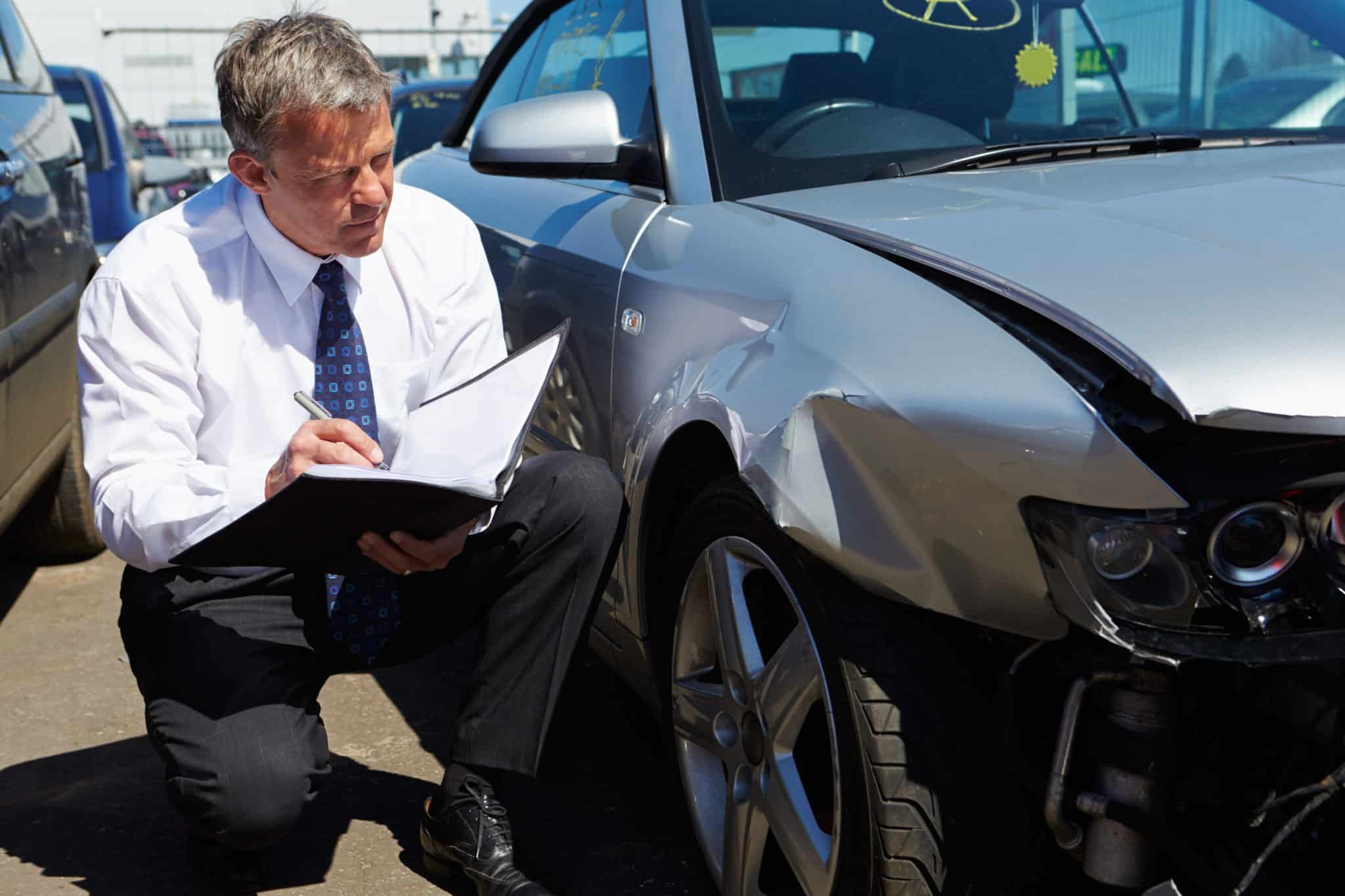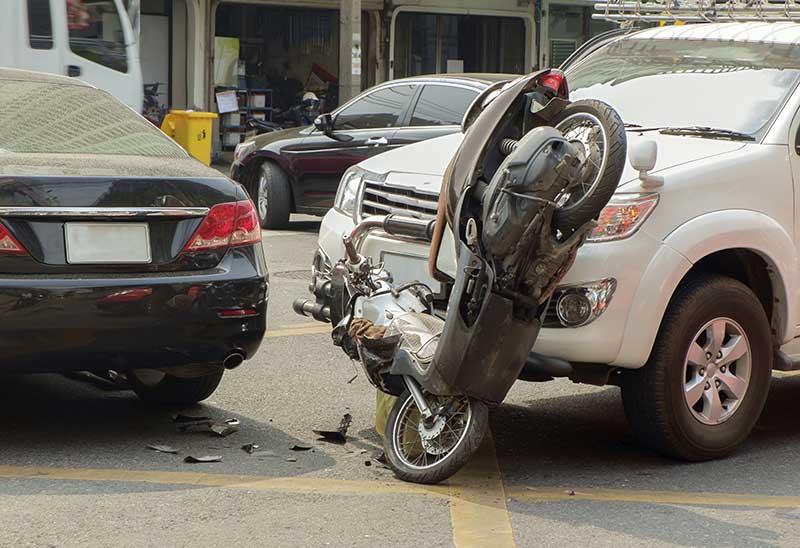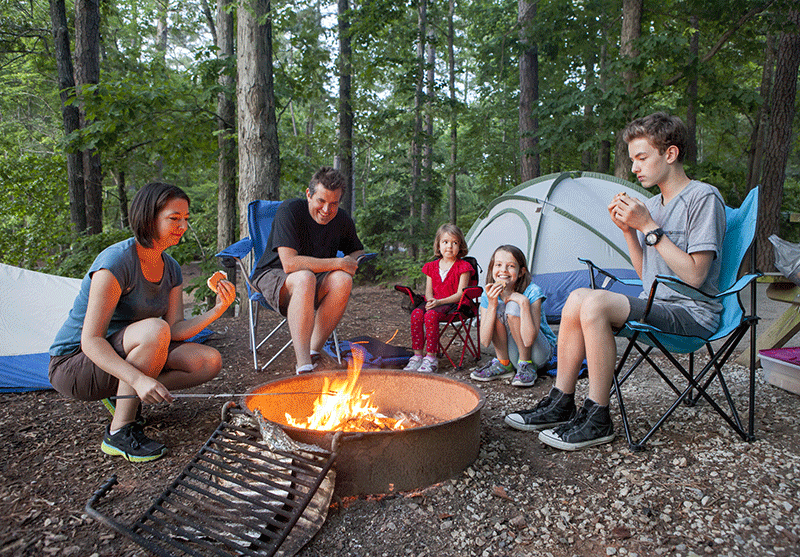Other than your lawyer, your medical provider is the most important professional in your entire claims process. If your case is about your personal injury, who better than your doctor to explain what caused your injuries, the nature of your injuries, the treatment process, and your future prognosis?
Our job as your attorney is to present your case. We have to prove that the incident wasn’t your fault, you were injured, and the incident caused your injuries. Medical providers are necessary to explain your injuries and link causation. Your doctor(s) will need to testify through deposition or medical narrative that the injuries you are now suffering from are because of the wreck.
Choose a Medical Provider You Have an Established History With
If you see a doctor regularly or have treated for an injury before, we recommend seeing that same doctor after your wreck. Having an established relationship with a medical provider who helped you get better in the past is helpful. Medical providers you have seen in the past can speak to your health prior to the wreck and testify as to how your new injuries are different from any pre-existing conditions.
Be Honest and Comply With Your Doctor’s Treatment Plan
One way medical providers can help or hurt your case depends on your willingness to follow your provider’s treatment plan. If you do not follow the treatment plan prescribed by your doctor, your provider will have to say that when testifying in your case. In addition to complying with your treatment plan, be upfront and honest with your doctors about any prior injuries or conditions that you have had. If it is sprung on your doctor during a deposition that you had a prior injury, he or she cannot confidently testify that your injuries and/or pain are directly caused by the wreck.
Medical Experts Hired By The Defense
One way medical providers can hurt your case is when they are called in as expert witnesses for the defense. Often in personal injury cases, a defense tactic is to hire an independent medical expert. This “expert”, who may have never laid eyes on you as the plaintiff or performed a full examination, reviews the medical records and makes a judgement on your injuries.
Medical Billing
Sometimes a medical provider can hurt your case by charging more for an injury simply because they know your injury was due to a car wreck. Unfortunately, this can cause your provider to lose credibility. One way a medical provider can help your case is by billing your medical insurance first, if you have it. If you do not have medical insurance, a doctor can sometimes hold your bills and get reimbursed out of any settlement you receive. If there is limited amounts of insurance but your bills are significant, sometimes doctors are willing to reduce the total amount of their bills in order to get your case resolved.
In conclusion, medical providers are vital to your case. Choose doctors you know and trust, be honest with them, and comply with their treatment plans.
If you need an experienced and trustworthy legal team to help you after an injury, call Williams Elleby Howard & Easter today at 833-LEGAL-GA.
